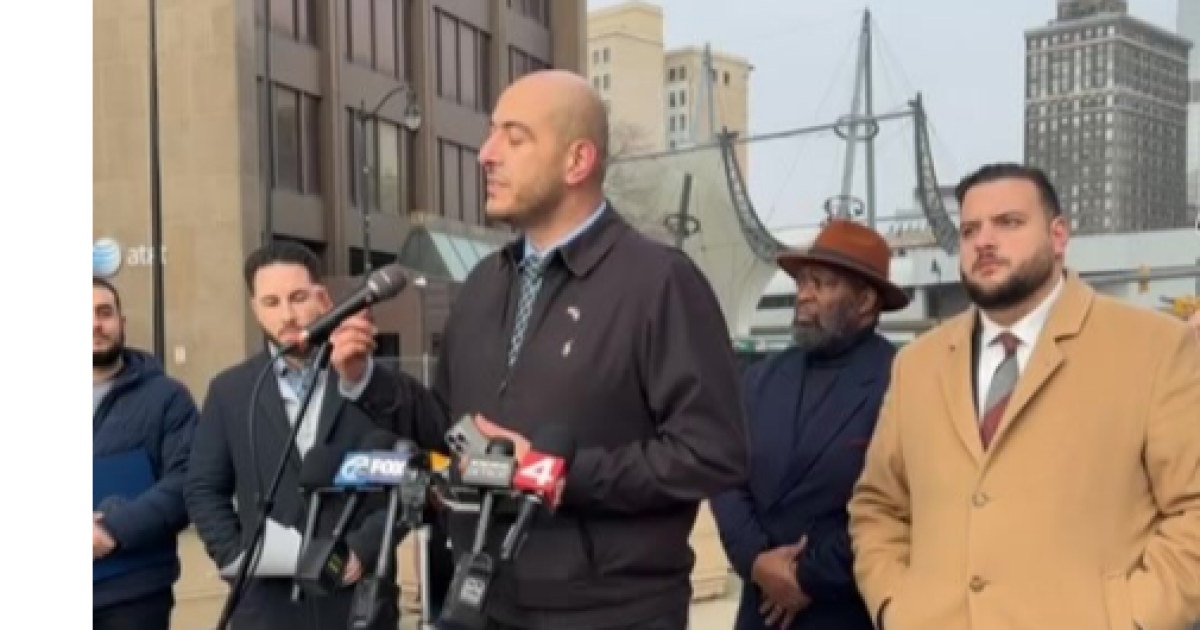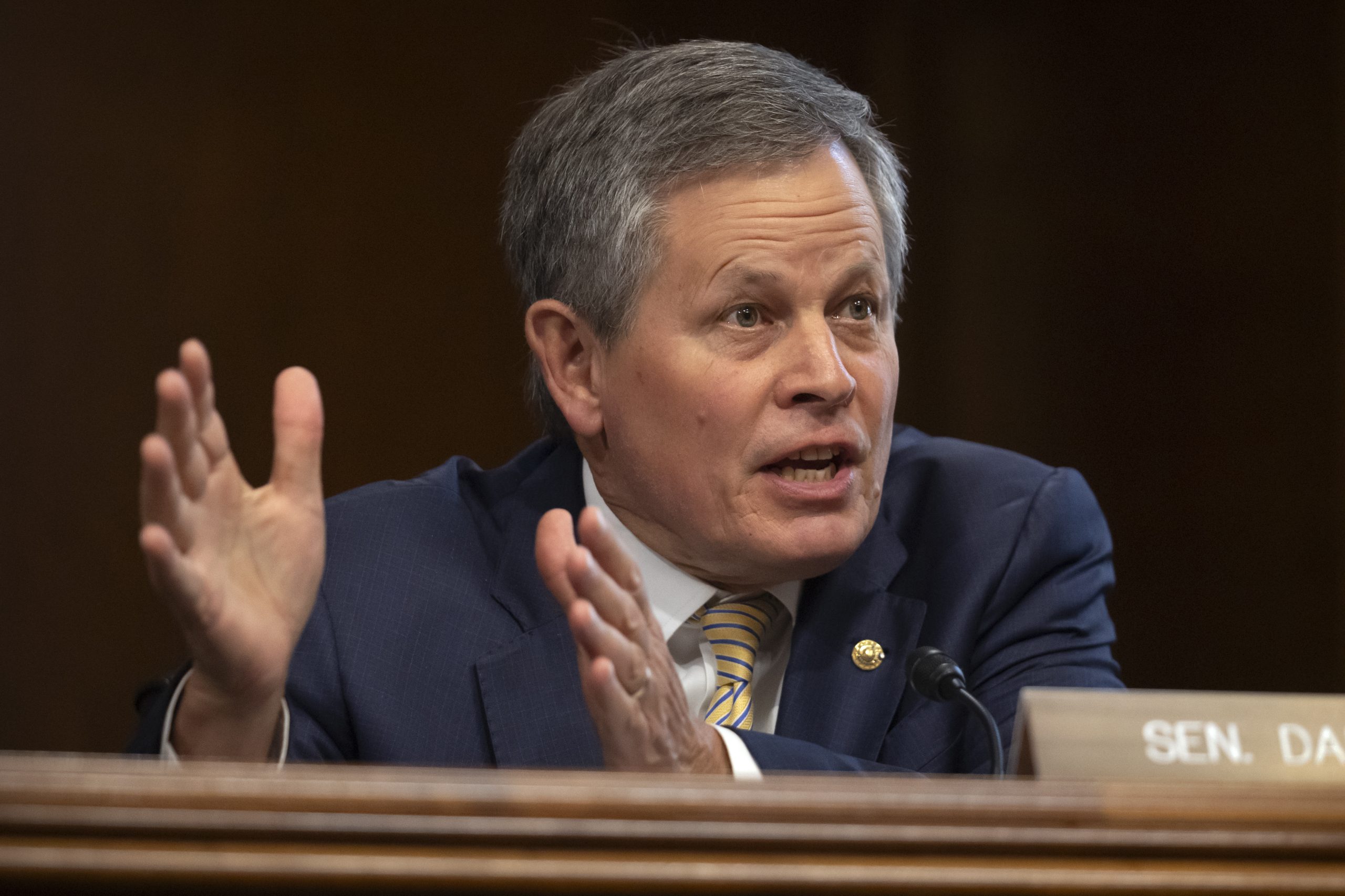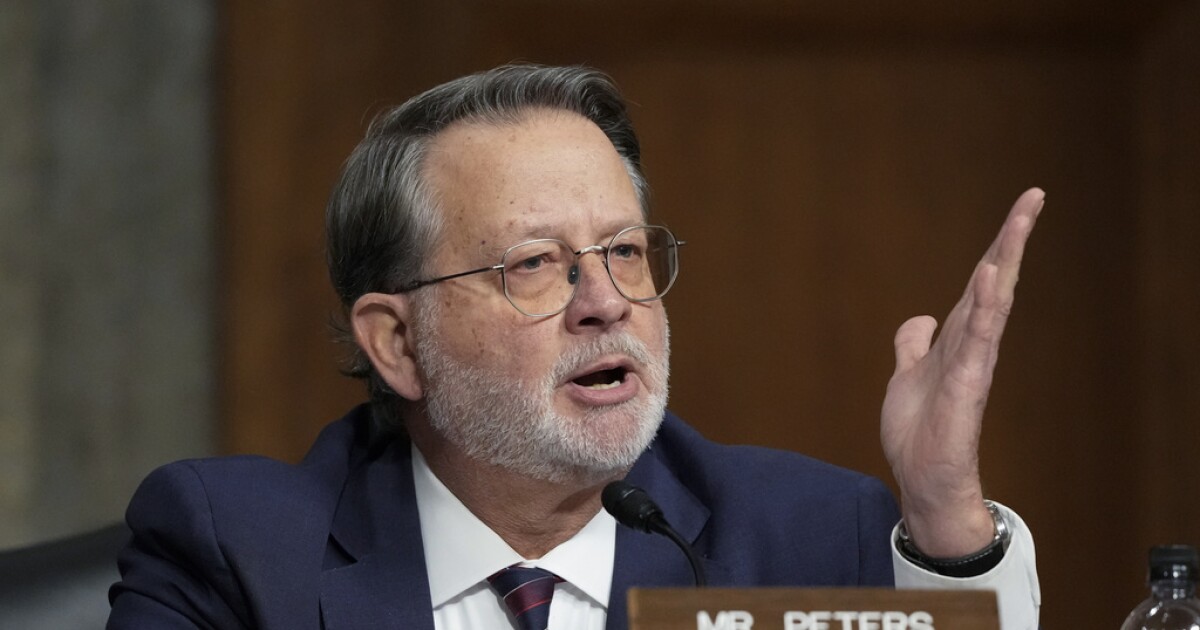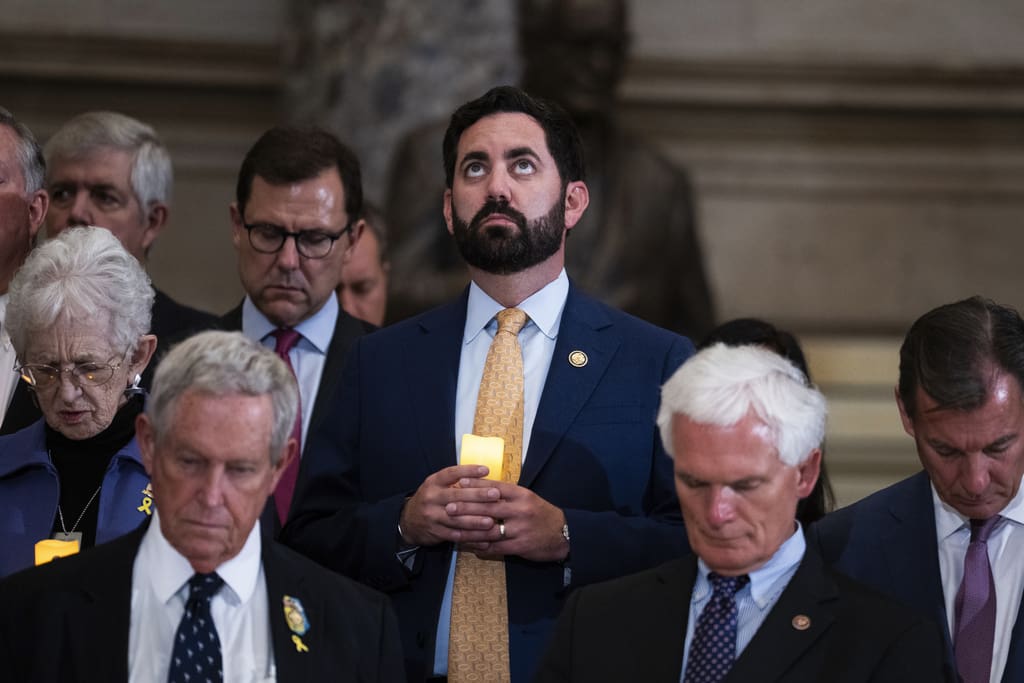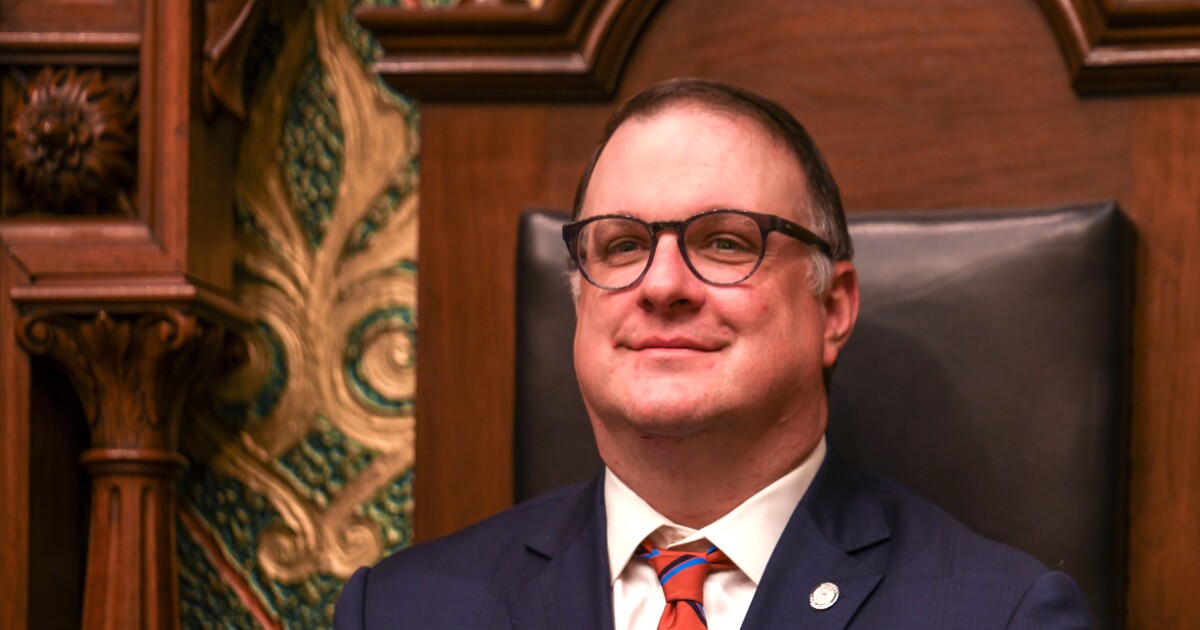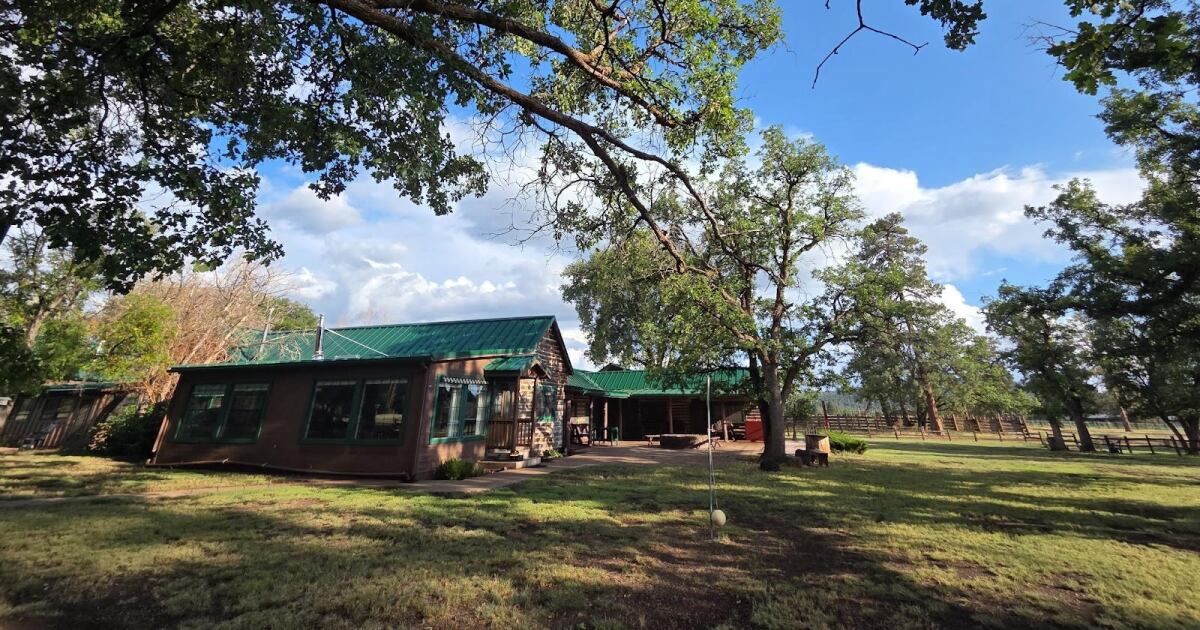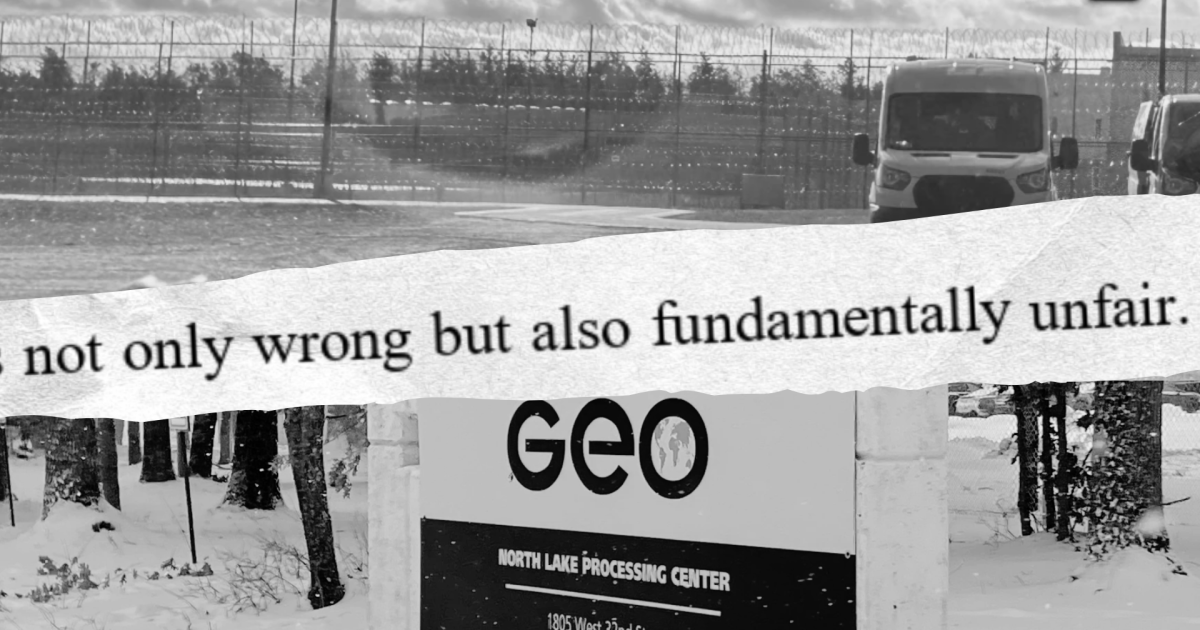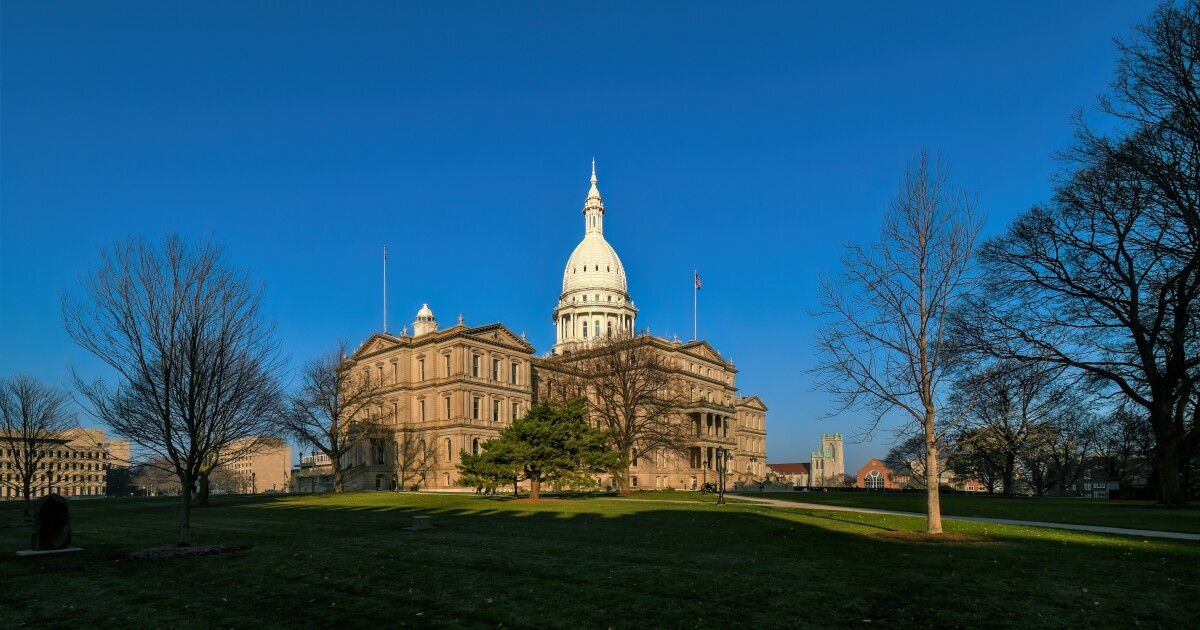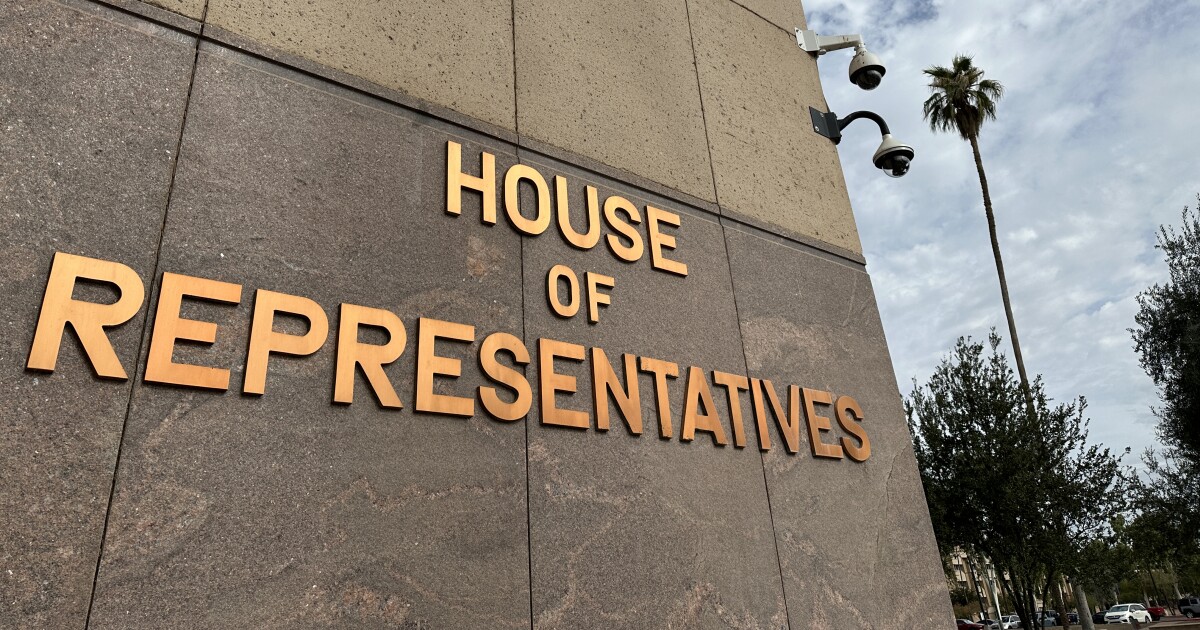Doug Burgum Nominated to Oversee U.S. Natural and Cultural Resources
In a significant transition for the U.S. Department of the Interior, President-elect Donald Trump has nominated outgoing North Dakota Governor Doug Burgum to lead the agency. Burgum is set to succeed Deb Haaland, the first Native American to hold the position. His nomination has stirred discussions among tribal leaders about the future direction of the department.
Burgum, who hails from a family farm near Fargo, North Dakota, is a businessman-turned-politician. After earning degrees from North Dakota State University and Stanford Graduate School of Business, he ventured into roles as a venture capitalist, real estate investor, and Microsoft executive. In 2016, he entered the political arena, defeating the GOP-endorsed candidate to become North Dakota’s 33rd governor.
In his initial State of the State address, Burgum emphasized the importance of tribal engagement, acknowledging the historical lack of trust between tribes and the federal government. “Tribal engagement, this is one of the top priorities,” he stated. “Trust was very, very low and probably for good reasons.”
North Dakota Office of the Governor
North Dakota, which became a state in 1889, hosts five federally recognized tribes, accounting for 5% of its population. Despite this, Burgum has expressed concern about the lack of understanding among North Dakotans regarding their history with the “highly dysfunctional” federal government. He emphasized the need to understand this history to appreciate the resilience of tribal nations.
The Dakota Access Pipeline controversy posed a significant challenge during Burgum’s governorship. Protests erupted following the U.S. Army Corps of Engineers’ approval of a pipeline project, opposed by the Standing Rock Sioux Tribe due to treaty violations and environmental concerns. Burgum engaged with demonstrators, describing the protests as “peaceful and prayerful” in their early stages.
Despite his efforts, the protests led to numerous arrests and injuries, with law enforcement employing non-lethal measures like teargas. Burgum testified in federal court, expressing opposition to using force against demonstrators, aiming to avoid incidents reminiscent of historical conflicts.

Throughout his tenure, Burgum balanced energy and environmental interests, establishing North Dakota’s Department of Environmental Quality and setting a carbon-neutral goal. His energy policies, however, have sparked debates, with some viewing them as potentially prioritizing profits over public lands.
With Senate confirmation hearings imminent, Burgum stands poised to lead an agency responsible for managing extensive public lands and tribal trust responsibilities. His nomination also includes a role in addressing national energy issues through the National Energy Council, a position that could influence U.S. energy policies significantly.
Tribal leaders have expressed mixed feelings about Burgum’s nomination. While some, like Larry Wright Jr. of the National Congress of American Indians, worry about potential policy shifts prioritizing energy development, others remain hopeful about his willingness to engage with tribal communities.

Current Interior Secretary Deb Haaland has had amicable interactions with Burgum, noting, “He’s always been very nice to me.” Assistant Interior Secretary Bryan Newland also praised Burgum’s earnestness and positive intent, fostering optimism about his approach to tribal issues.
Mark Fox, chairman of North Dakota’s Mandan, Hidatsa, and Arikara Nation, expressed support for Burgum’s selection. Fox highlighted Burgum’s understanding of bureaucratic processes and his reputation for cutting red tape, viewing him as a compassionate leader.
As North Dakota stands as the third-largest oil-producing state, tribal leaders like Fox and Navajo Nation President Buu Nygren remain hopeful for collaborative efforts with Burgum. They anticipate discussions on topics such as reversing a ban on new oil and gas leases around Chaco Canyon National Historical Park.

While contentious issues remain, tribal leaders like Fox and Nygren see potential for meaningful dialogue with Burgum, hoping to address challenges collaboratively while respecting tribal sovereignty and environmental concerns.
This story was produced by KJZZ, the public radio station in Phoenix, and published by KNAU as part of the Arizona Public Media Exchange.
—
Read More Arizona News


